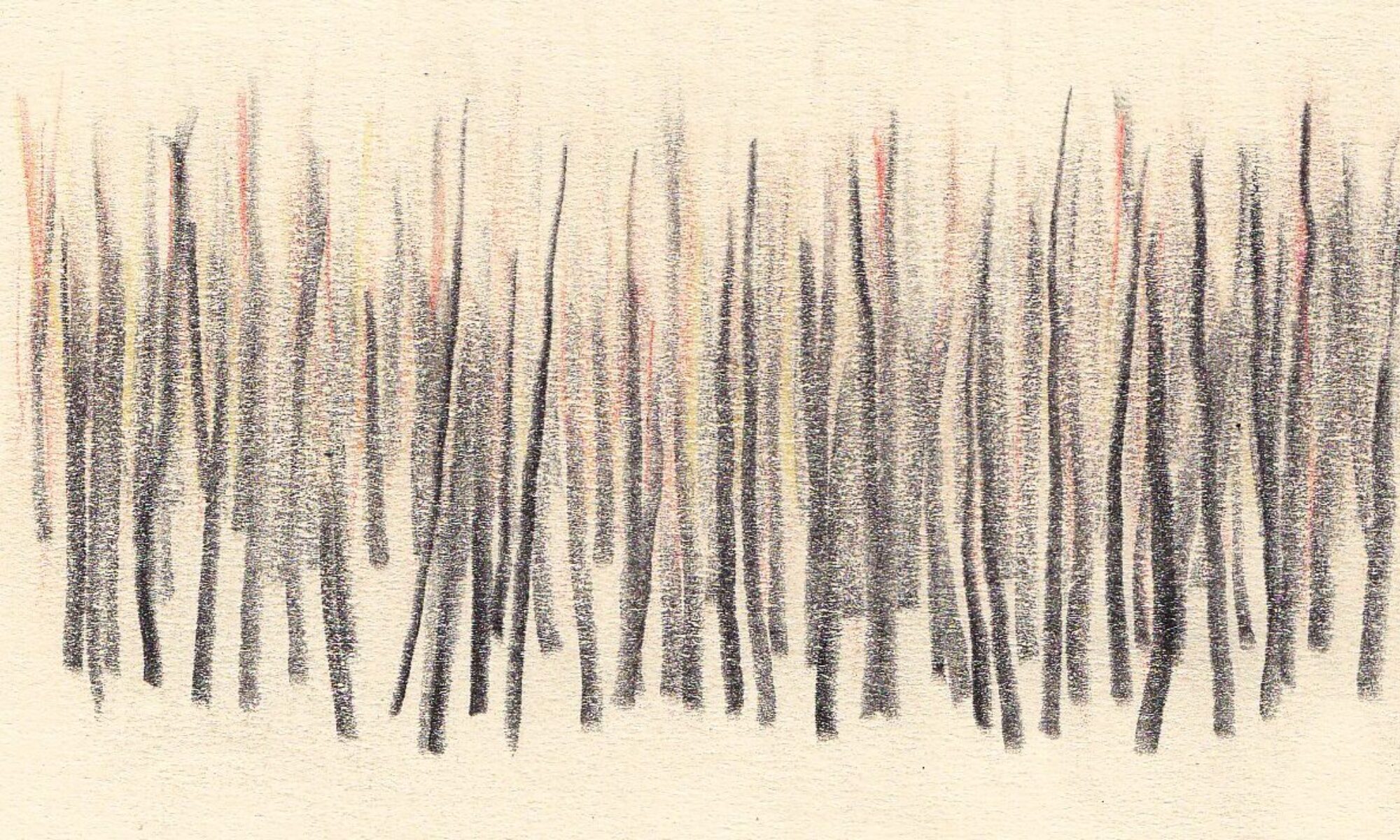At the end of three days, moving southward, you come upon Anastasia, a city with concentric canals watering it and kites flying over it. I should now list the wares that can profitably be bought here: agate, onyx, chrysoprase, and other varieties of chalcedony; I should praise the flesh of the golden pheasant cooked here over fires of seasoned cherry wood and sprinkled with much sweet marjoram; and tell of the women I have seen bathing in the pool of a garden and who sometimes—it is said—invite the stranger to disrobe with them and chase them in the water. But with all this, I would not be telling you the city’s true essence; for while the description of Anastasia awakens desires one at a time only to force you to stifle them, when you are in the heart of Anastasia one morning your desires waken all at once and surround you. The city appears to you as a whole where no desire is lost and of which you are a part, and since it enjoys everything you do not enjoy, you can do nothing but inhabit this desire and be content. Such is the power, sometimes called malignant, sometimes benign, that Anastasia, the treacherous city, possesses; if for eight hours a day you work as a cutter of agate, onyx, chrysoprase, your labor which gives form to desire takes from desire its form, and you believe you are enjoying Anastasia wholly when you are only its slave.

Selected Works